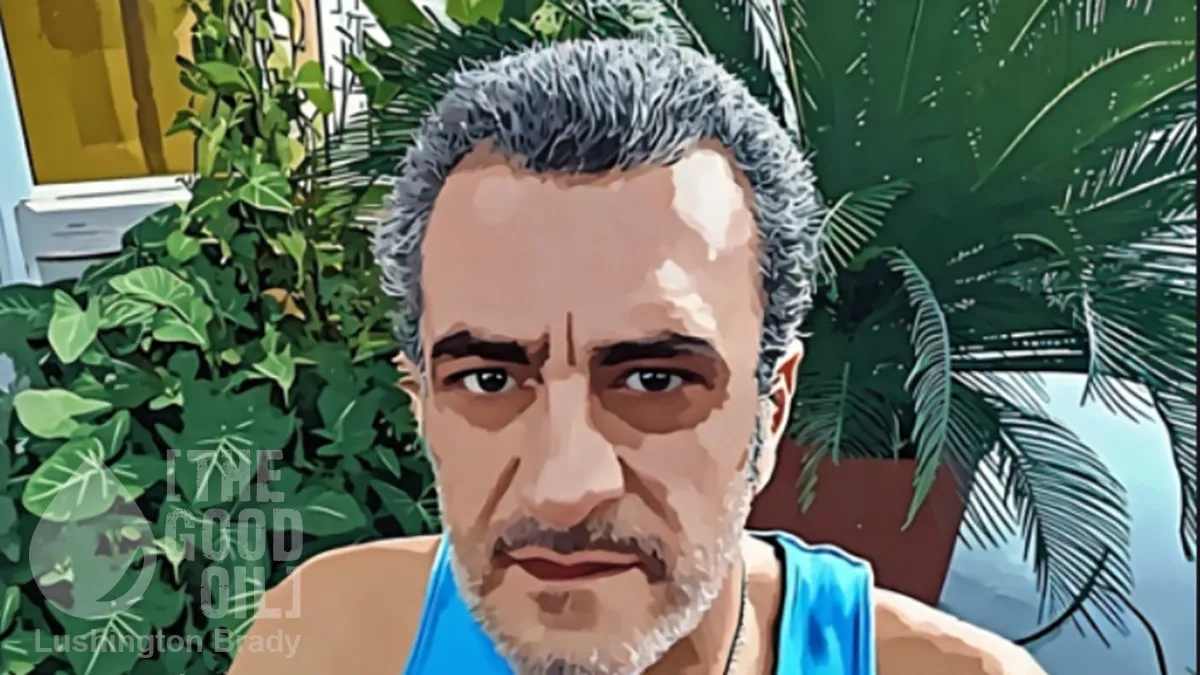Table of Contents
As I reported recently, a DNA breakthrough may be about to solve one of Australia’s longest-running cold cases. Police have cleared another hurdle in prosecuting the savage Easey Street murders, with an Italian court granting an extradition request for suspect Perry Kouroumblis.
A man wanted over Melbourne’s 1977 Easey Street murders is expected to arrive back in the city on Tuesday evening, after being extradited from Italy.
Perry Kouroumblis, an Australian-Greek national, is a suspect in the stabbing deaths of Suzanne Armstrong and Susan Barlett, who were killed in their Collingwood share house almost half-a-century ago.
The murders were committed on a hot summer night in January 1977. The victims were discovered three days later, after worried neighbours heard a baby crying in the house.
They found little Gregory Armstrong abandoned in his cot. They also found the bodies of his mother, 28 year old Suzanne Armstrong, and her housemate Susan Bartlett, 27. The two women had been stabbed dozens of times each in a frenzied attack. One of them was raped afterward.
A week after the crime, police in the Collingwood area allegedly found a knife and sheath with traces of blood, of the same type as Armstrong’s, in the possession of 17-year-old Perry Kouroumblis. Kouroumblis told detectives he had found the knife on the railroad tracks in Collingwood about 90 minutes after the two women were last seen alive.
Kouroumblis’ parents lived just three streets from the murder house. He was also a student at Collingwood Education Centre, where one victim, Susan Bartlett, was a teacher.
At the coronial inquest into the murders, some months later, Kouroumblis could not be located to testify. The same month, his parents sold their house. Three years later, they had dropped off the electoral roll, believed to have returned to Greece. Their son also moved to Greece for a time, before quietly slipping back into Victoria.
And there the trail went cold for the next half-century. No one was ever arrested.
When police re-opened investigations in 2017, citing new DNA evidence, they contacted Kouroumblis and asked him to provide a sample. He promptly vanished back to Greece. Due to a statute of limitations in Greece, requiring that charges be laid within 20 years of an alleged offence, Kouroumblis was untouchable.
At least, until he travelled to Italy earlier this year. Italy has no similar statute of limitations.
Mr Kouroumblis was detained at an airport in Rome on an Interpol Red Notice in September after arriving on a flight from Greece.
He was held at the Italian capital’s Regina Coeli prison since September 19 while the courts considered the request by police in Victoria to extradite him.
Just days ago, the request was granted.
The 65-year-old was put on a Qatar Airways flight from Rome on Monday afternoon, local time, and is expected to arrive in Melbourne late Tuesday night […]
Last month, Mr Kouroumblis’s Italian lawyer Serena Tucci told the ABC her client was “lucid” and that he had been “surprised” to be arrested.
“He had no idea he could be stopped and was surprised to be stopped for something that went back to 1977 in Australia. So he did not give any resistance. He did exactly what the police told him,” she said.
“Then he’s just been taking it day-by-day, trying to work out the logistics of how best to face his upcoming trial.”
Kouroumblis has steadfastly denied involvement in the murders.









